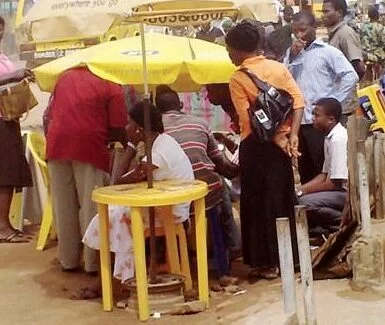The once-booming recharge card vending business is declining as more Nigerians embrace digital payment systems and bank-based airtime purchases.
LEADERSHIP findings show that more Nigerians are shifting towards cashless and digital transactions, as they now use their banking applications to recharge.
An airtime vendor, who has been in the trade since 2018, lamented that what was a profitable venture had now become almost unprofitable.
“In the past, selling recharge cards was easy. With N100,000 stock, I could sell out quickly. But now, it’s the opposite. Recharge cards are no longer selling like before,” the vendor told LEADERSHIP.
According to the vendor, the shift is driven by growing awareness and adoption of mobile banking. “Most people now buy airtime directly from their bank accounts, sometimes even with cashback benefits. Only those without smartphones or those unfamiliar with digital banking still buy cards regularly,” the vendor explained.
The transition has forced many small-scale sellers to rethink their business model. Another vendor who spoke with LEADERSHIP, Veronica said, she had since diversified her business model. “I didn’t rely on recharge cards alone. I also do POS services, bill payments, and GOTV subscriptions. But recharge cards used to be my best seller,” she said.
She said she had begun offering to top up customers’ lines directly from their bank accounts to stay relevant. “I ask for their number and buy it for them. It’s the only way to keep some customers,” the vendor added.
While digital payments offer speed and convenience, they also pose survival challenges for thousands of petty traders whose livelihoods depend on physical recharge card sales.





